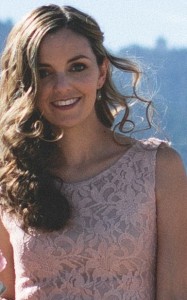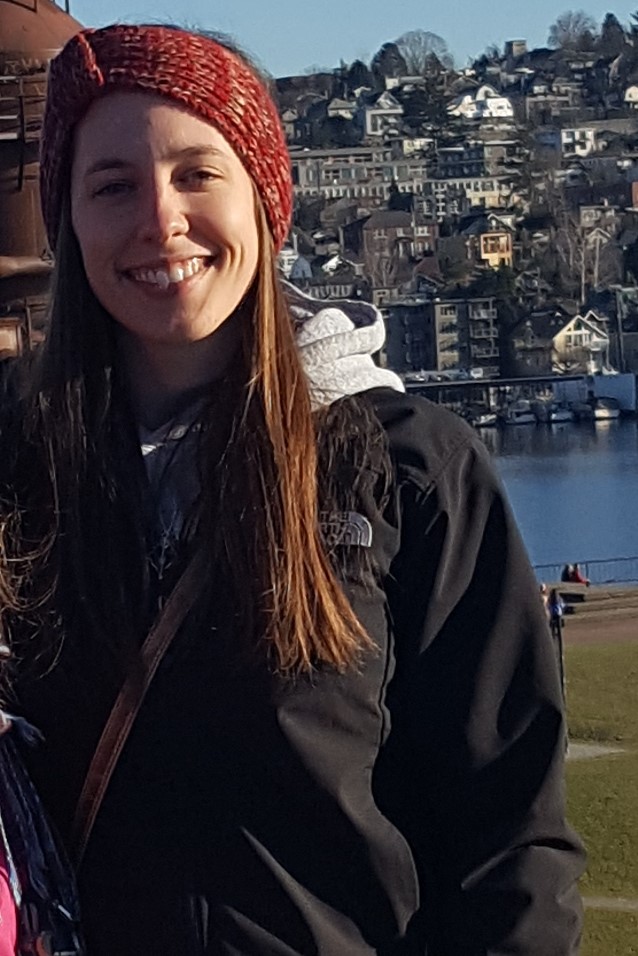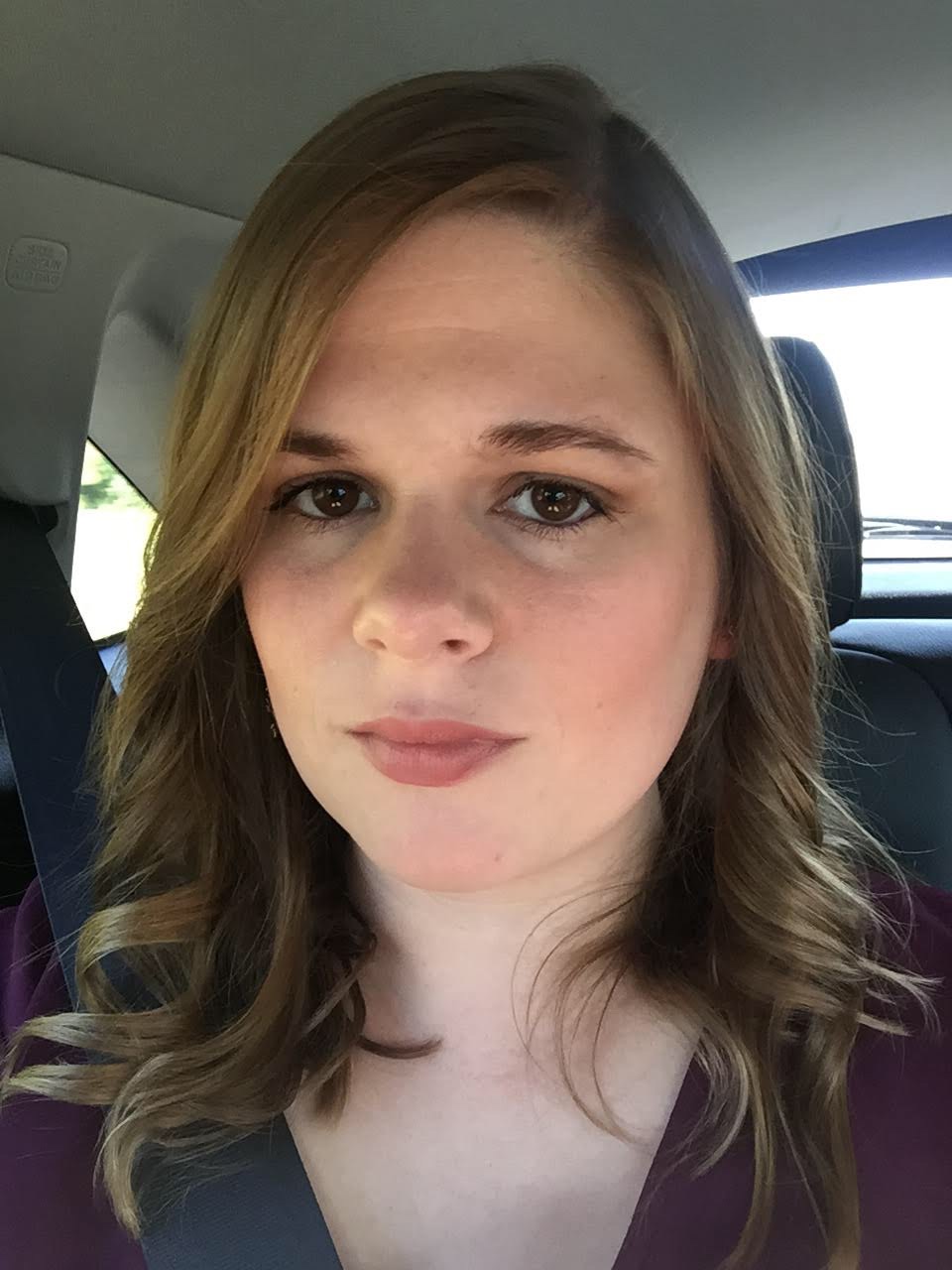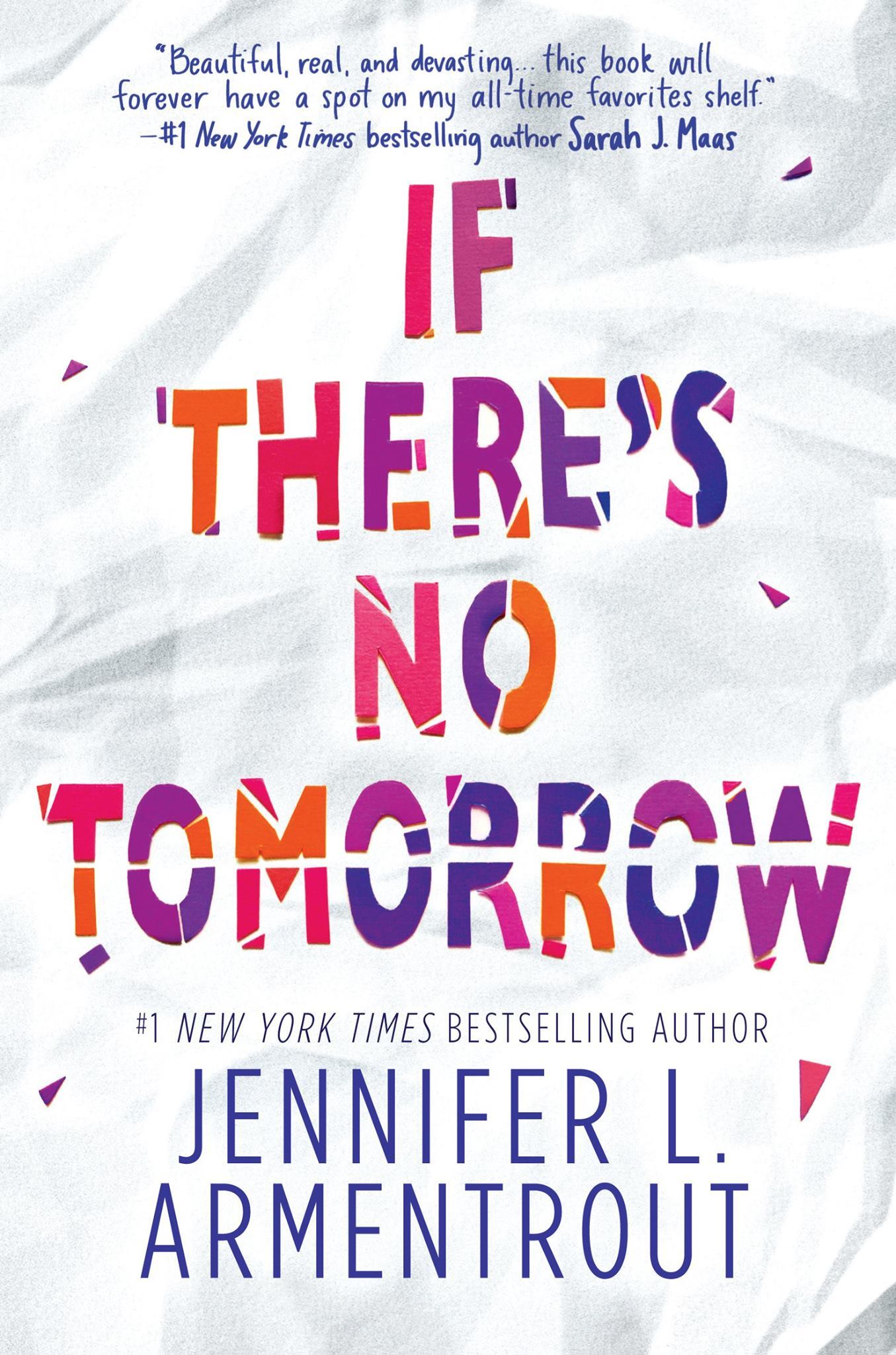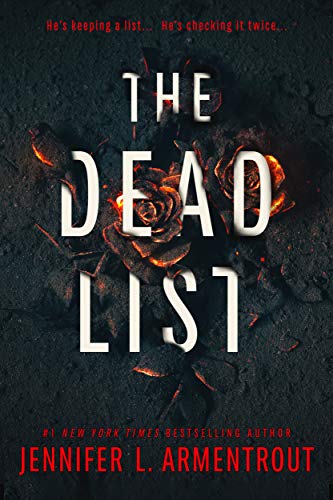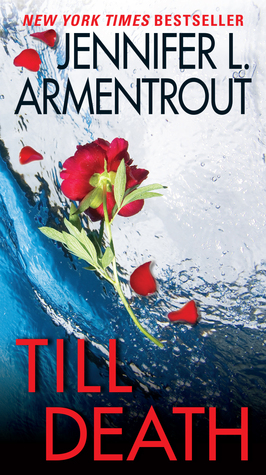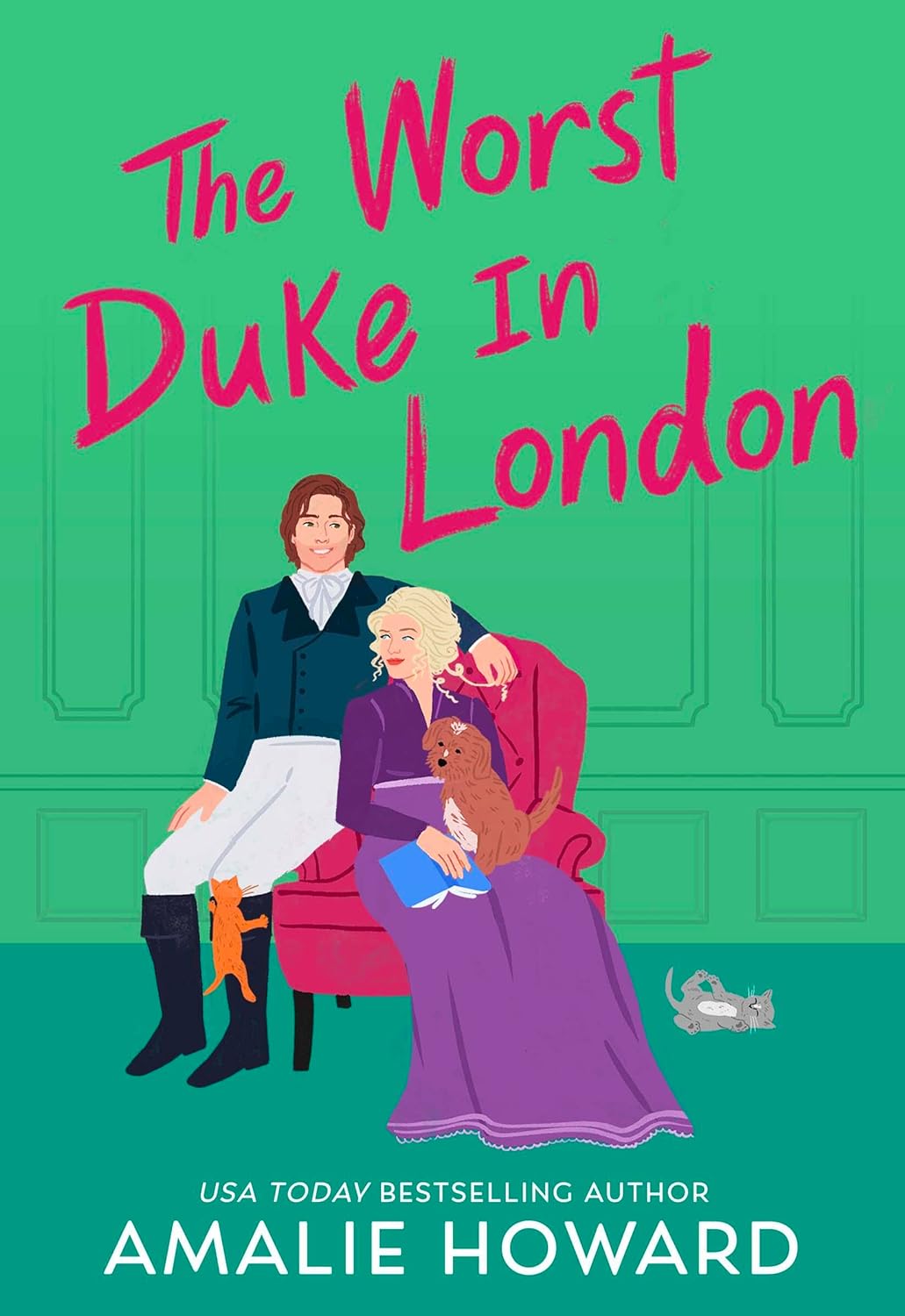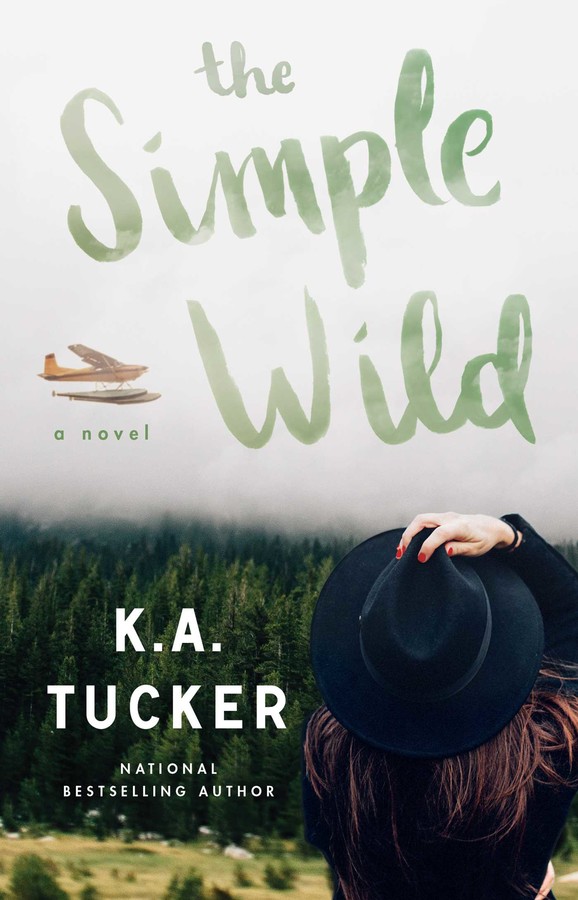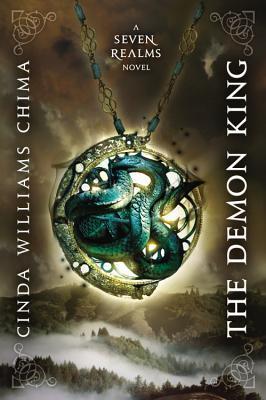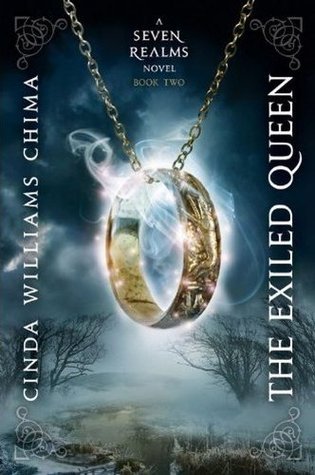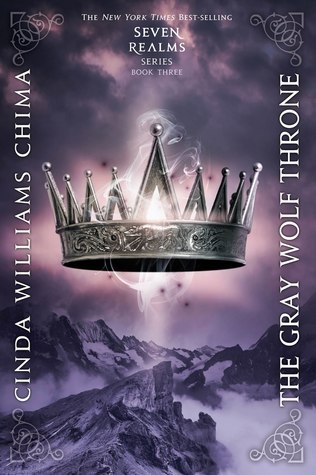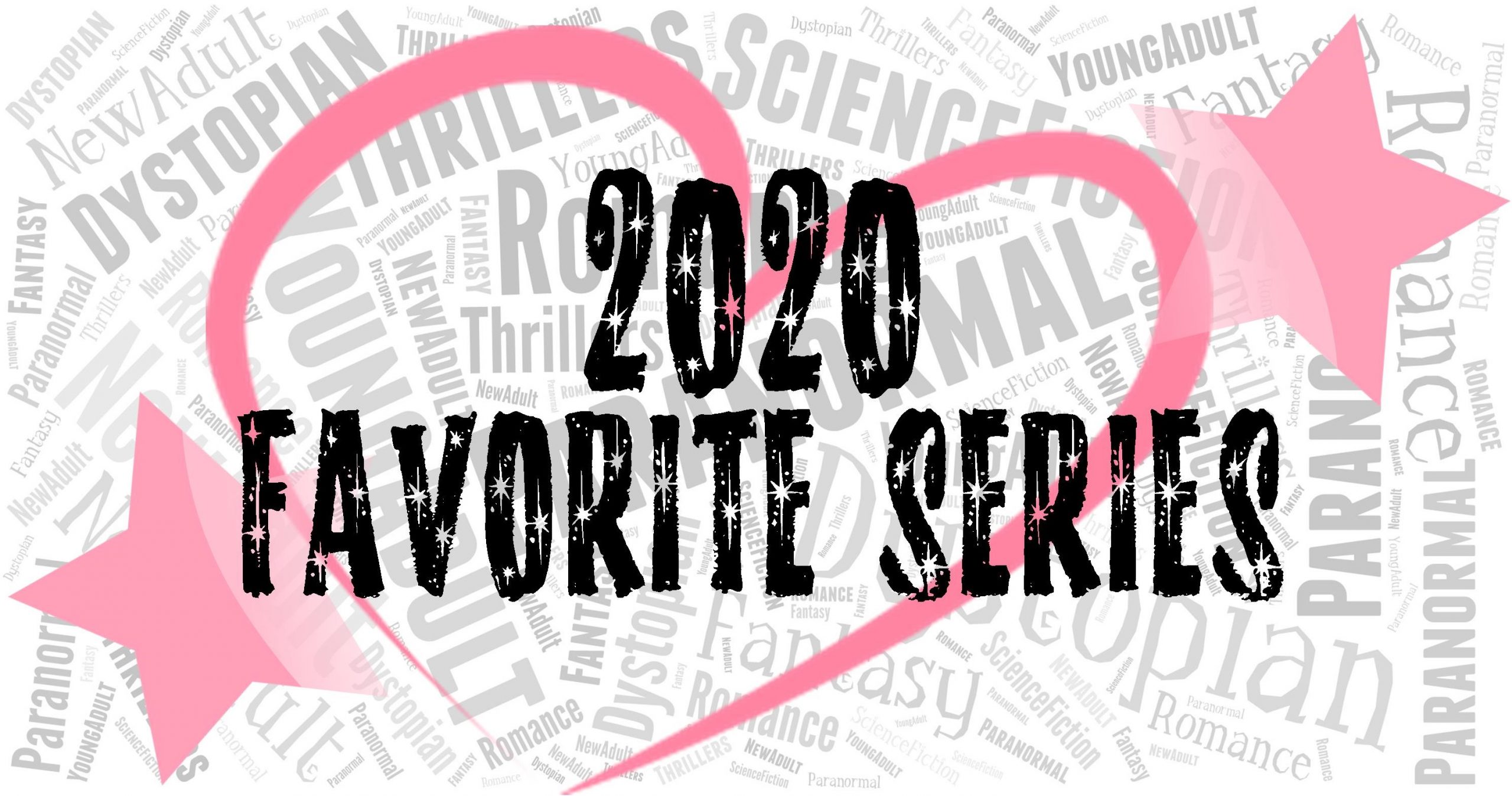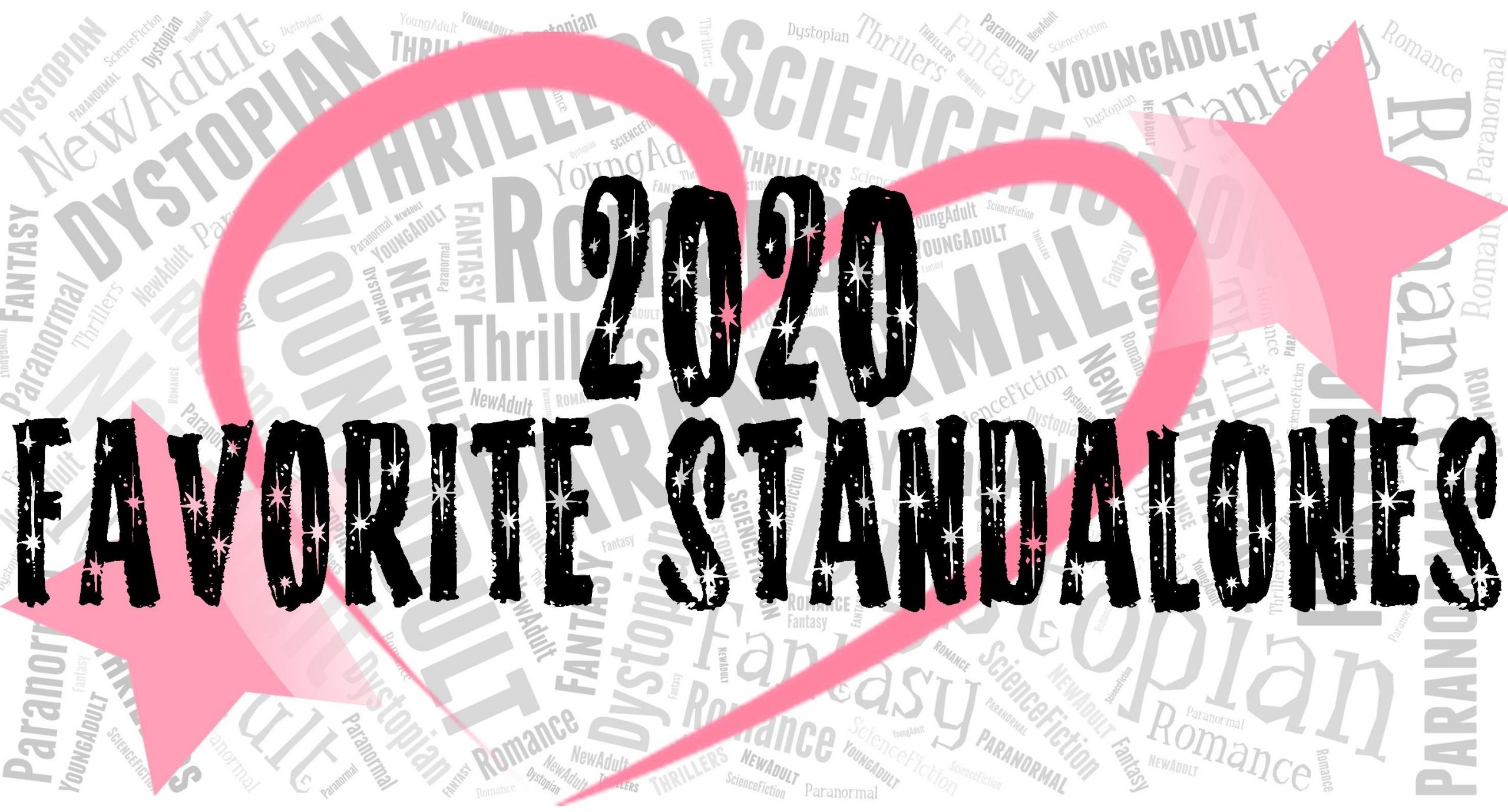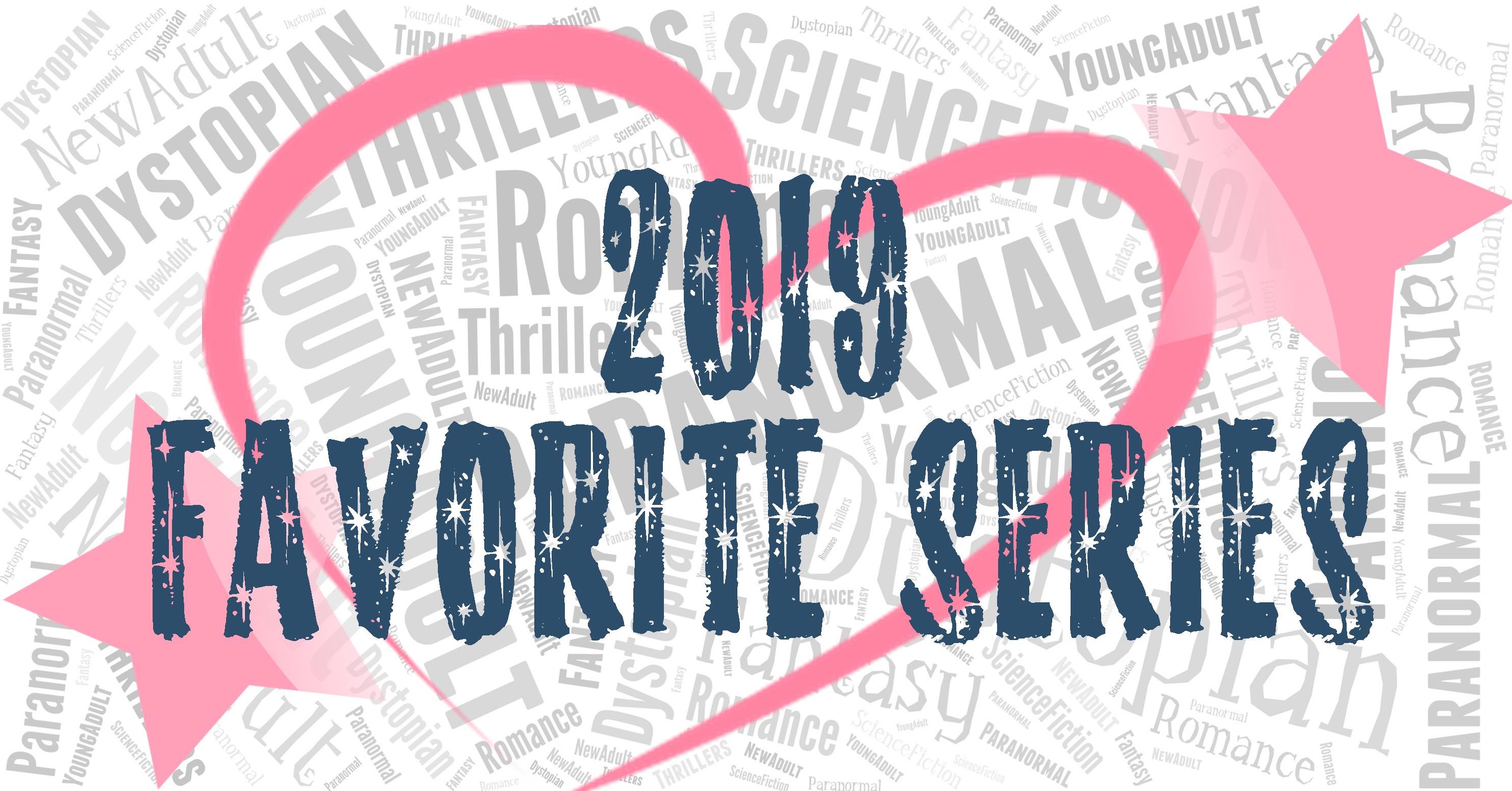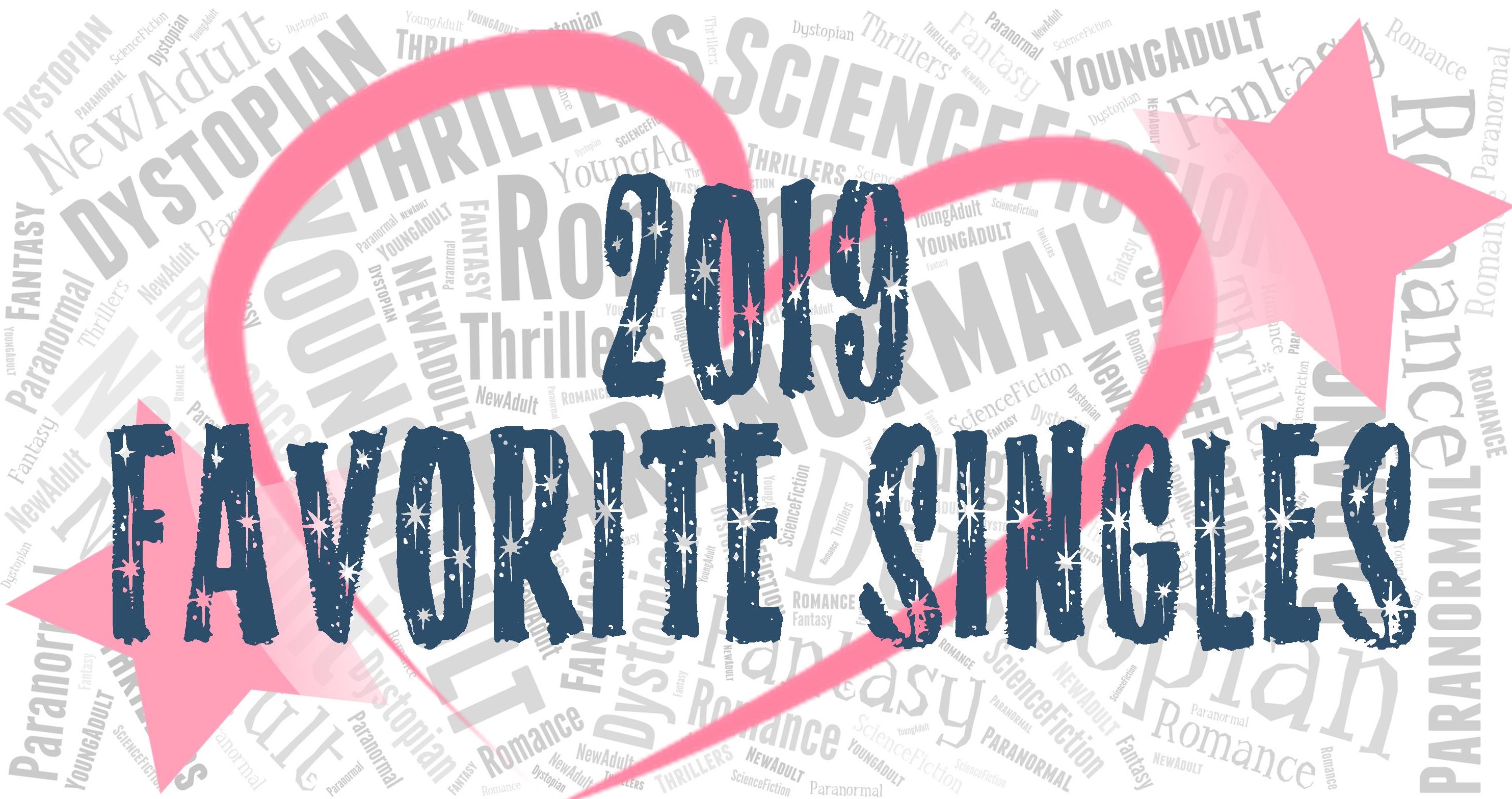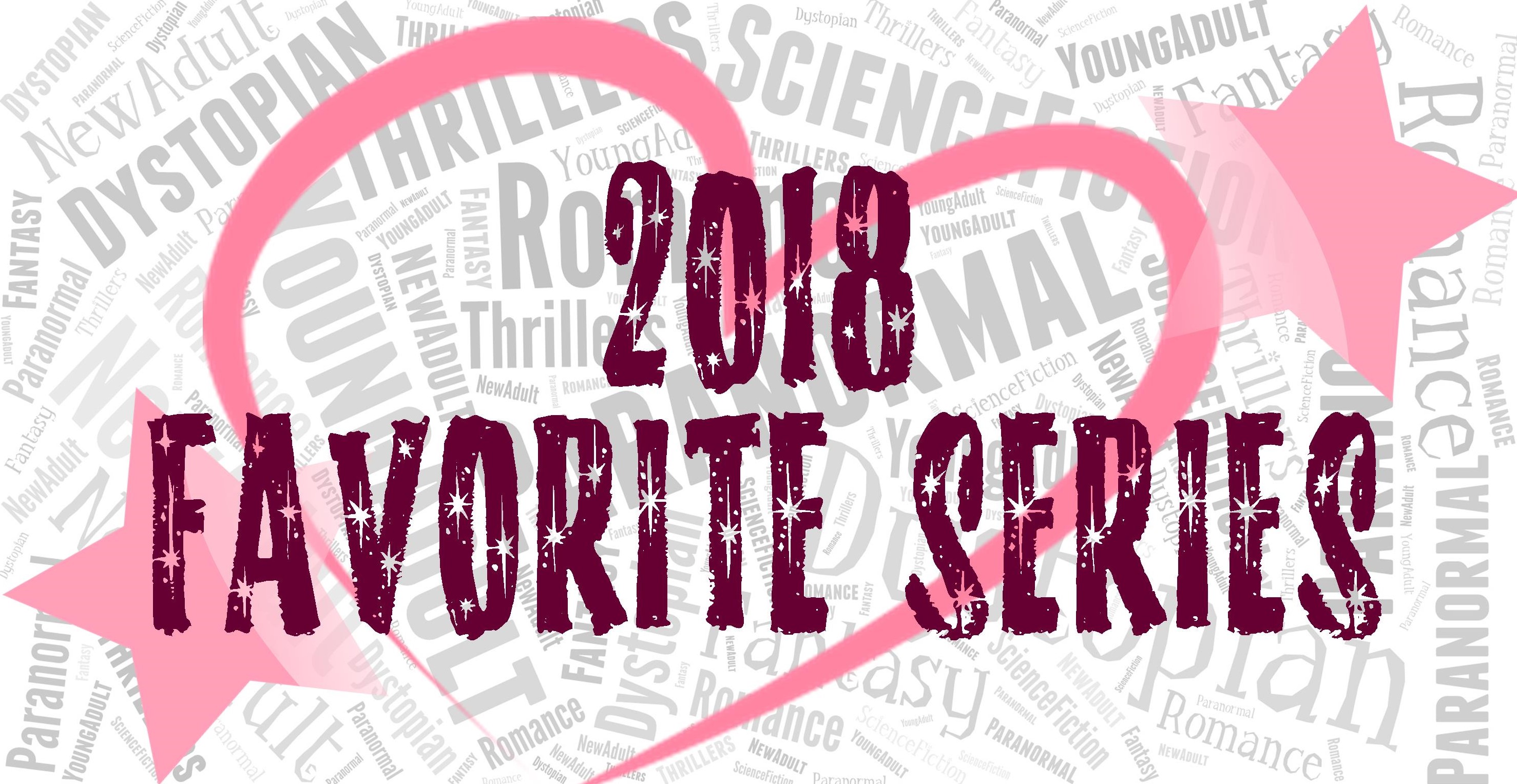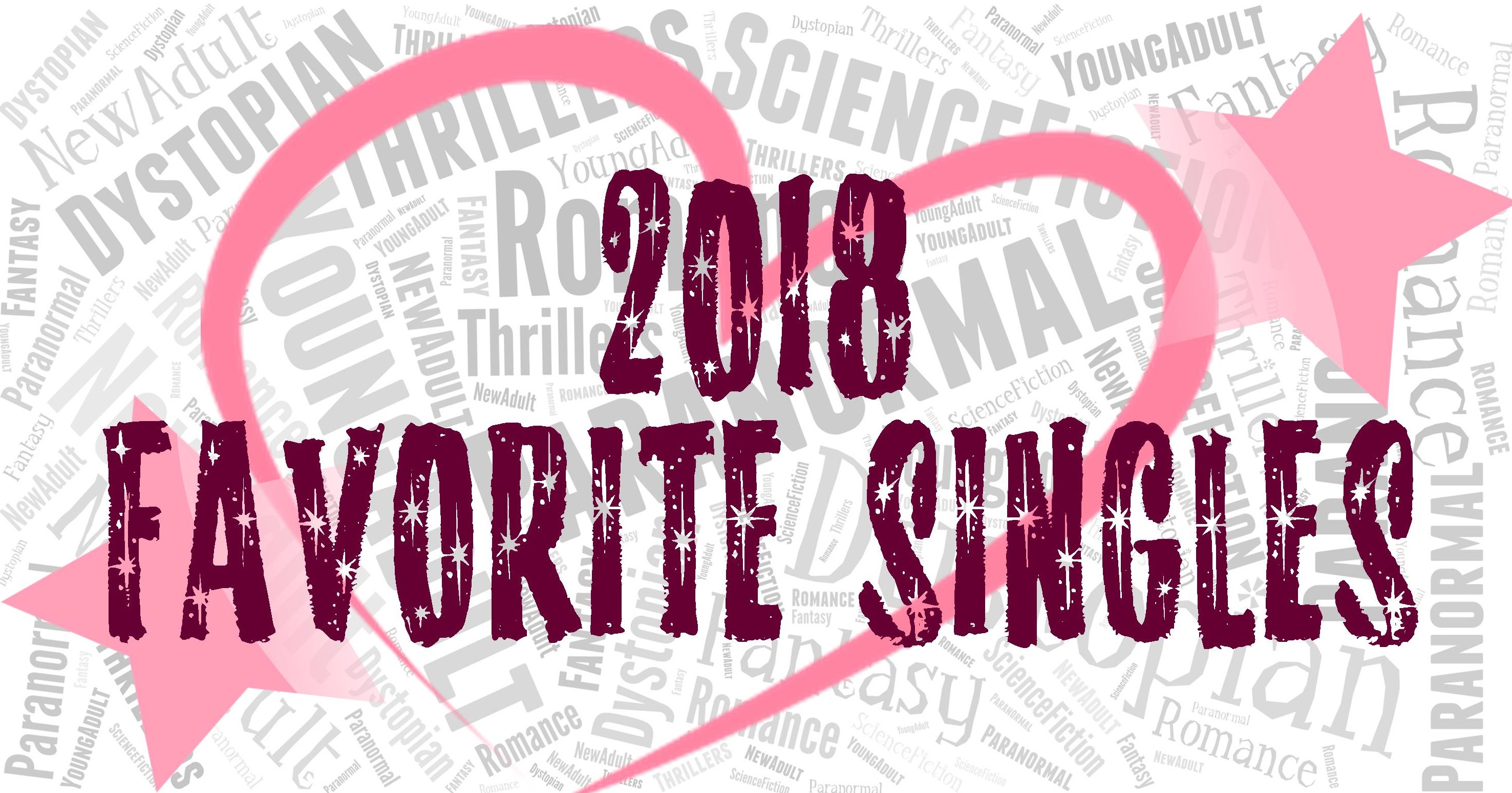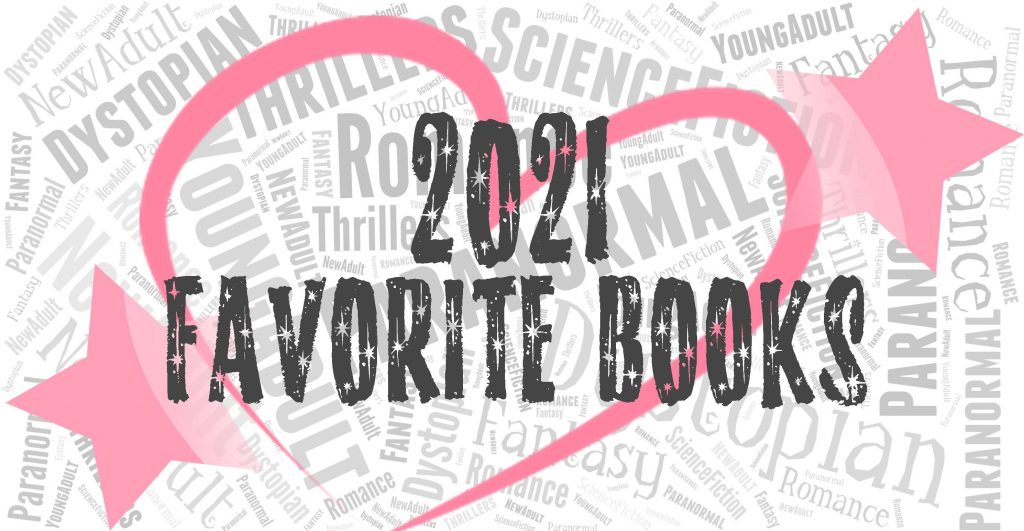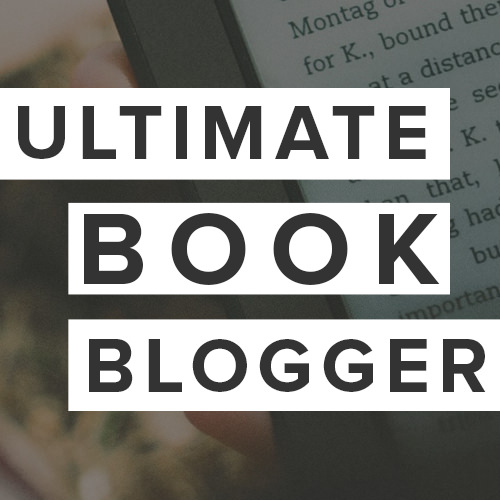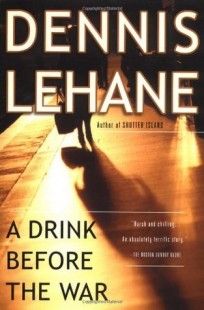 A Drink Before the War (Kenzie & Gennaro #1)
A Drink Before the War (Kenzie & Gennaro #1)by Dennis Lehane
Purchase on: Amazon, iBooks
Add to: Goodreads
Synopsis:
Patrick Kenzie and Angie Gennaro know their home, rough neighborhoods of South Boston. Their first PI job seems simple - find Jenna, a black cleaner, and confidential state documents she stole. Extortion, assassination, and child prostitution extend from the ghetto to the government. The worst atrocities are closest to home, and committed in the name of love.

Dark and addictive, A Drink Before the War is probably one of the best thrillers I’ve ever read, and I can’t wait to get my hands on the other books in the series.

With none of the stereotypical crap I’ve learnt to dread, the characterization constitutes the greatest achievement of A Drink Before the War. Indeed I’m so tired of the one-dimensional archetypes which are often served to us on a silver platter. None of that here, but more nuances : none of them can be described in one word, and that’s for the best, trust me.
▨ Patrick : what a sarcastic little shit (of course I love him) : His nonconformist and dark humor had me giggling at every page, balancing perfectly the darkness lurking at every turn. Smart-ass an arrogant but strangely endearing, he isn’t perfect but faces his flaws with a lucidity I adored. Wandering through his cutting inner comments was simply fantastic. He’s conflicted, scarred, and so, so loyal to his partner, Angie. Oh, and he’s badass with a gun.
Let me 2 seconds to smile weakly okay? Sigh. I loved the guy.
▨ Angie : Despite the difficulties she faces in her marriage (her husband is a violent asshole, so yes, that’s an understatement) by no means can she be defined by them. Don’t you know persons who are strong in every aspect of their lives except when it comes to their love relationships? I do. Trapped in her memories of better times and her love for her husband, Angie, as kickass as she is, struggles to escape from this situation and yes, it was heartbreaking. I found that the way Lehane pictured domestic abuse was sadly realistic and can I say? The moment she acted on it was fucking GLORIOUS.
The friendship between the two of them gave me so many heart-warming feels (of course I ship them, duh).
As for the secondary characters, I grandly appreciated that none of them was one-dimensional. Really, a wonderful characterization in my opinion.
(Oh, and there’s a panda.)

“Once that ugliness has been forced into you, it becomes part of your blood, dilutes it, race through your heart and back out again, staining everything as it goes. The ugliness never goes away, never comes out, no matter what you do. Anyone who thinks otherwise is naive. All you can hope to do is control it, to force it all into one tight ball in one tight place and keep it there, a constant weight.”
Patrick and Angie’s investigation leads to the depiction of a dark and realistic world, whose undercurrent of hopelessness reminded me of Dos Passos at some points.
Racism. Hypocrisy. Politician corruption. Prostitution. Just name it. Between justice and self-preservation, what will you choose?
Every issue is dealt with without never simplifying it into snap judgments. So much depth and shades. Patrick is neither knight in shining armor nor selfish asshole, but his behavior embraces everything in between, and if it can be uncomfortable, it stays really believable and realistic.
You should know that the issues dealt with are pretty heavy, and more than once I felt like Lehane took my heart and squeezed it forcefully : all in all, this book isn’t for the faint of heart, and it seemed important to notice it to possible readers. Violence is everywhere, sometimes lurking, sometimes graphic.
But in the end, I thought that A Drink Before the War asked the right questions and showed how much our opinions can be biased by our prejudices. Do we all see life through double standards, depending on the subject in question? Are we sure that we’d realize it if that was the case? For example, I had a discussion with people about the way some music lyrics can appear to condone sexual violence and violence against women in general. Everybody could quote some hip-hop song and … that was it. When I quoted Alt-J, an Indi-rock band for their (repeatedly) violent songs nobody agreed and people told me that the group wrote pieces of art and nothing else (Fitzpleasure, for example, is based on a gang-rape scene from Last Exit to Brooklyn). I’m sorry but no. If you don’t want your lyrics being interpreted as glorifying abuse like these :
She may contain the urge to run away
But hold her down with soggy clothes and breezeblocks
Germolene, disinfect the scene
My love, my love, love, love
But please don’t go, I love you so, my lovely
or these :
She bruises, coughs, she splutters pistol shots
Hold her down with soggy clothes and breezeblocks
She’s morphine, queen of my vaccine
My love, my love, love, love, la, la, la, la
(“Breezeblocks”)
… You take the time to publish a public statement to condemn it AT THE VERY LEAST, because I’m not private to your mind and I don’t have a clue if you’re glorifying or denouncing that kind of behavior as it is. Sorry, I digress, but all of that is to say that without even realizing it, people assumed that this catchy song written by a rock band was a piece of art and that the only problematic songs were from hip-hop. I don’t agree and find it hypocritical, for crying out loud. The world isn’t a simple place, and Lehane shows it perfectly.

As for the writing, what can I say except that it was addictive? Indeed after a rather slow beginning, the story picked up and became a real page-turner for me. Moreover, as I said earlier, I absolutely adored the sarcastic tone of the book.
Concerning the settings, I thought that they were splendidly described : rarely authors manage to bring a city to life as Lehane does with Boston here – making it almost as if the city itself was a character. Each neighborhood, each slice of life appear tainted with too much distrust and hopelessness – even when it comes to ‘rich’ ones, which ambience is less claustrophobic but just as dark.
► Next one, please?
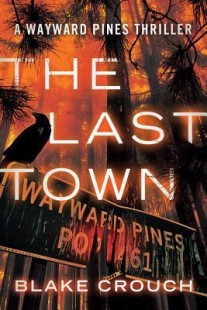 The Last Town (
The Last Town (
 Wayward (
Wayward (



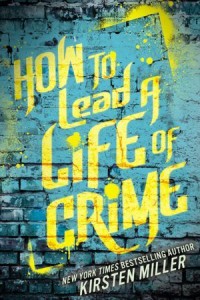 How to Lead a Life of Crime by
How to Lead a Life of Crime by 
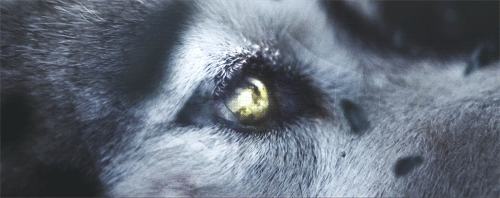

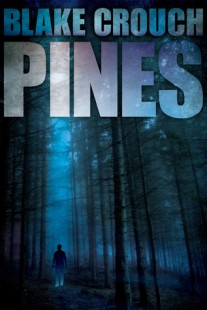 Pines (
Pines (




